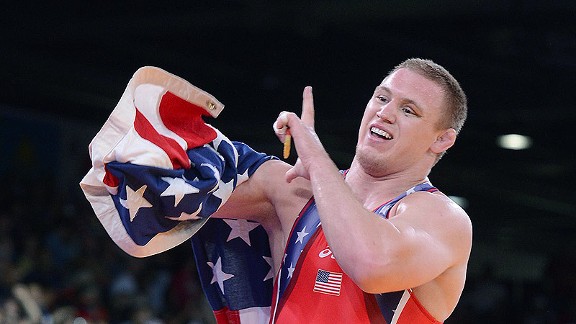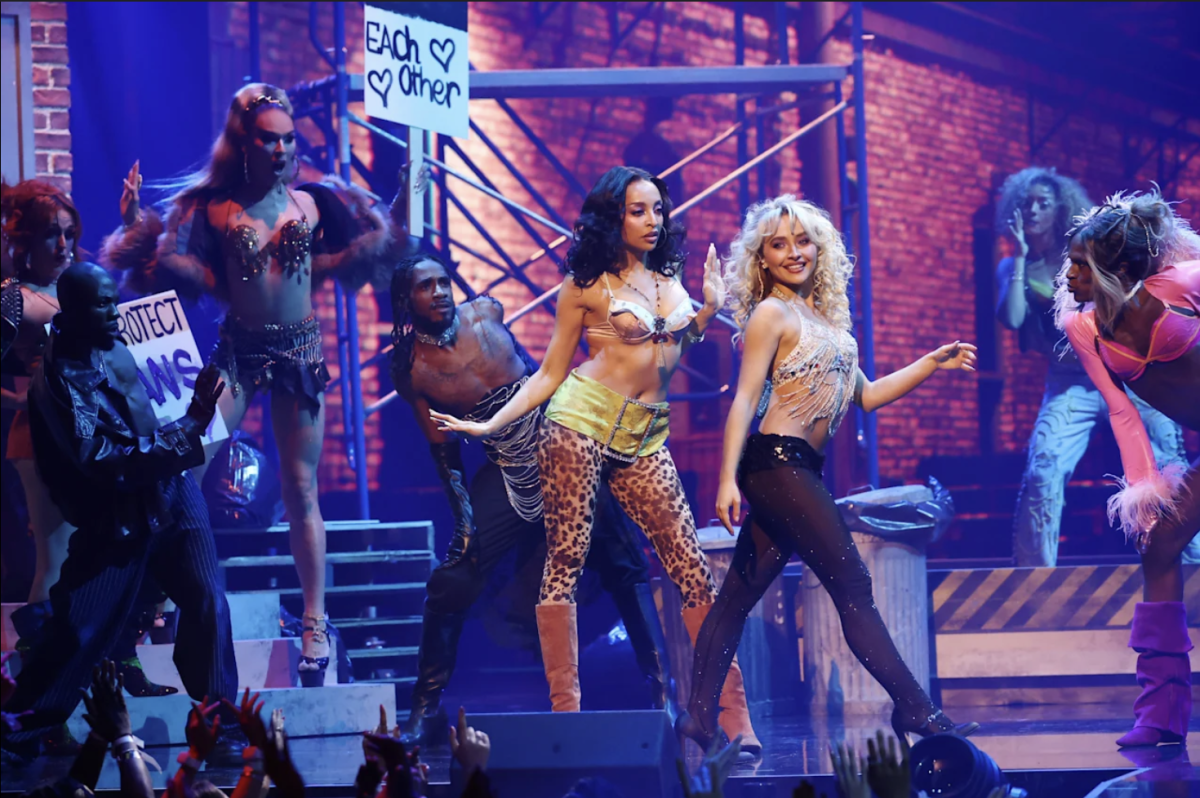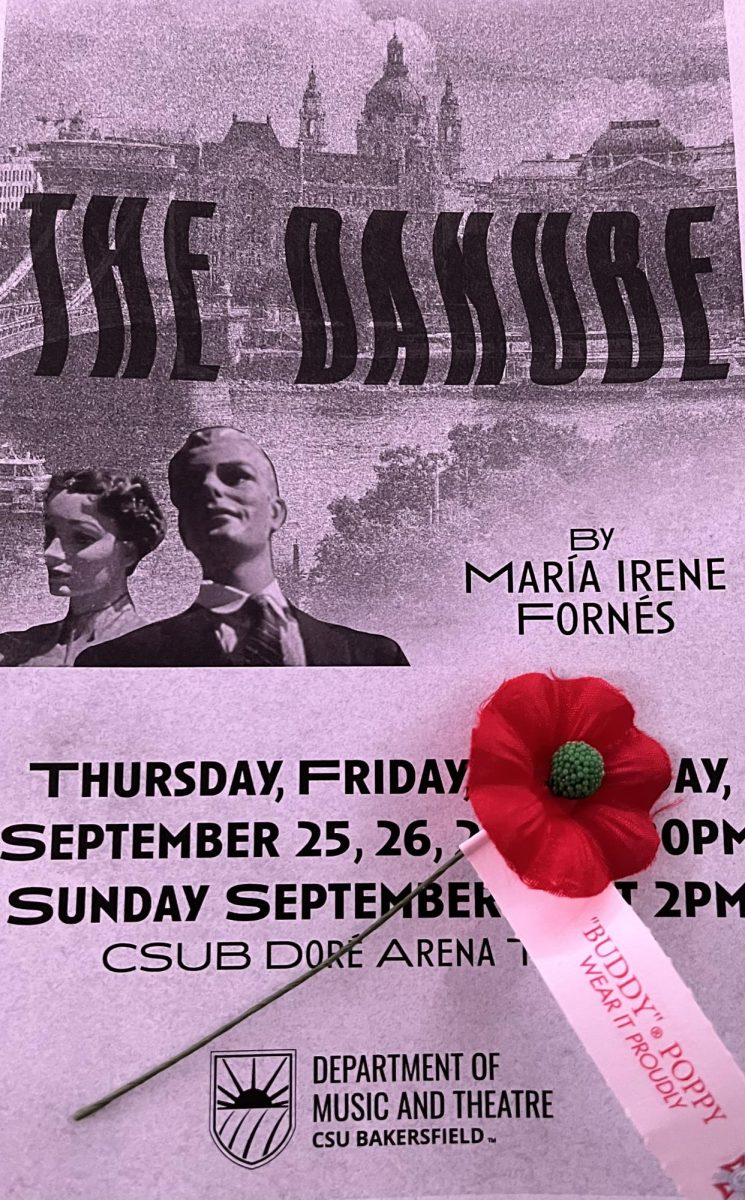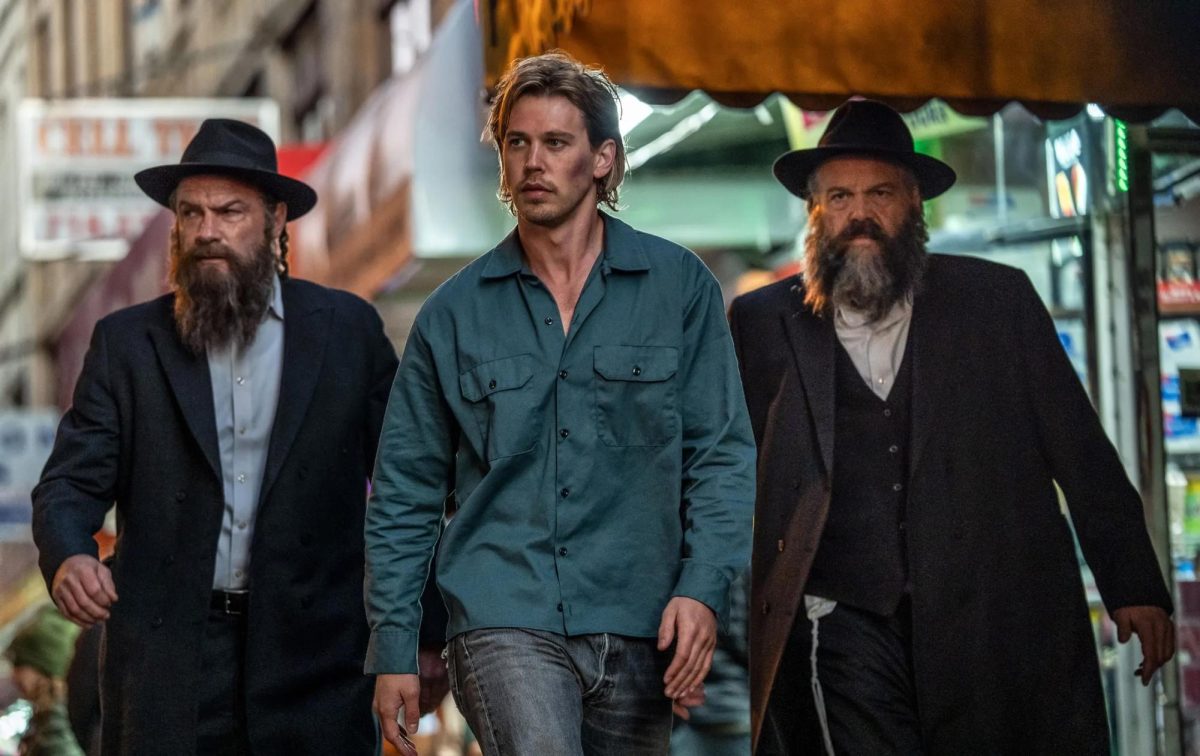
Staff Writer
On Feb. 12 the International Olympics Committee (IOC) chose to remove wrestling from the 2020 Olympics. This decision has been widely criticized as it was one of the founding sports in the first Olympics held in Greece. Former wrestler and writer for CBS Detroit, Tim Grzecki, asserted that the IOC is “taking away a sport steeped in history, proven in competition and worn with pride on the sleeves of its athletes.”
Jake Varner, 2012 Olympic gold medal in wrestling from Bakersfield, and Iowa State Cyclone wrestler and College of Liberal Arts and Sciences alumnus took time out of his busy schedule to have an interview via email while he was in Iran watching the World Cup of wrestling this past weekend. Varner expressed the sentiments of all affected by a decision that is “a low blow to wrestling”. He said that the IOC “woke a sleeping giant, and the wrestling communities, not only in this country but around the world, are in the fight to not let this happen.”
While he was in Iran, a country known to be in political and social conflict with the United States, I asked Varner what the atmosphere at the site for the World Cup was like. Aside from the competitive spirit Varner said “wrestling unites countries to fight for something together,” while all differences are set aside.
The IOC will meet in May to discuss which sports will be proposed for inclusion, and then in September there will be a final decision on which sport will be readmitted. According to ESPN”, the other sports vying for a single opening in 2020 are a combined bid from baseball and softball, karate, squash, roller sports, sport climbing, wakeboarding and wushu, a martial art.”
Grzecki noted that wrestling differs greatly from mainstream sports because “for wrestlers there is no greater honor than competing in the Olympics.” While basketball has the NBA, golf has the Masters, and football has the NFL, wrestlers have no venue to pursue their passion professionally. Varner agrees saying that “competing in the Olympics is considered our professional level. That’s as high as we can go.” To take that away from wrestlers is, “truly heartbreaking” according to Varner, not only to those his age but to” take something away like this from young kids, especially who have aspirations of being an Olympic champion, is just disappointing and wrong”.
If Varner was given the opportunity to speak directly to the IOC he would contend that, because wrestling is one of the few founding sports of the modern Olympics in Athens, cutting it from the games “would be like chopping off a leg of a chair. That chair cannot stand anymore and [it will] fall over.” According to Varner,” Wrestling is a battle of wills, one on one competition where an athlete leaves everything they gave out there on the mat to become an Olympic champion. And that is what the Olympics are all about.”
Varner, an athlete at heart who competed in several different sports, asserted that wrestling is paramount because “life can be hard sometimes and you run into speed bumps and dead ends, but wrestling helps you learn how to deal with that and get through it or figure out how to get past it.”
At the close of our conversation, it became apparent that wrestlers all around the world will take this as a challenge to be met, and will continue to pour their hearts into preserving their sport. They will persevere with the same dedication and hard work towards fighting this decision by the IOC as they do all of their life training and fighting on the mat.





